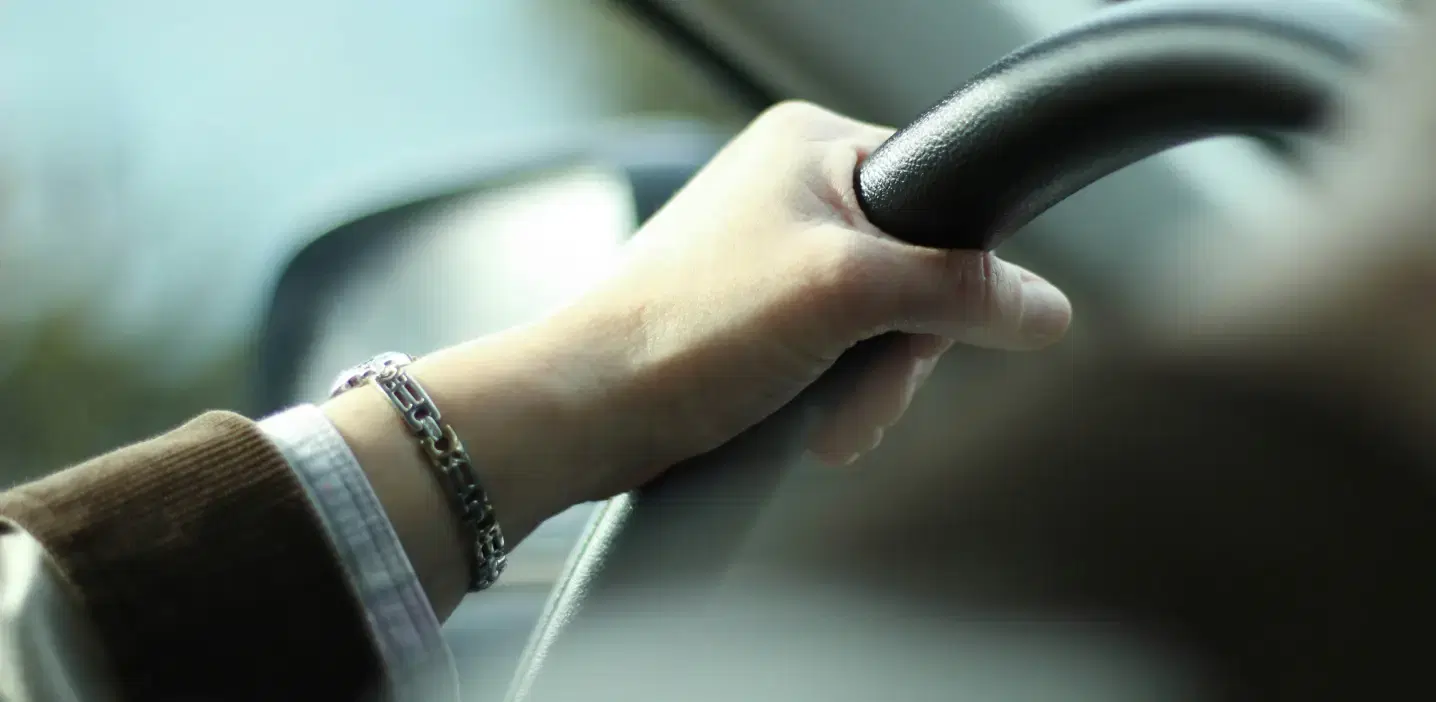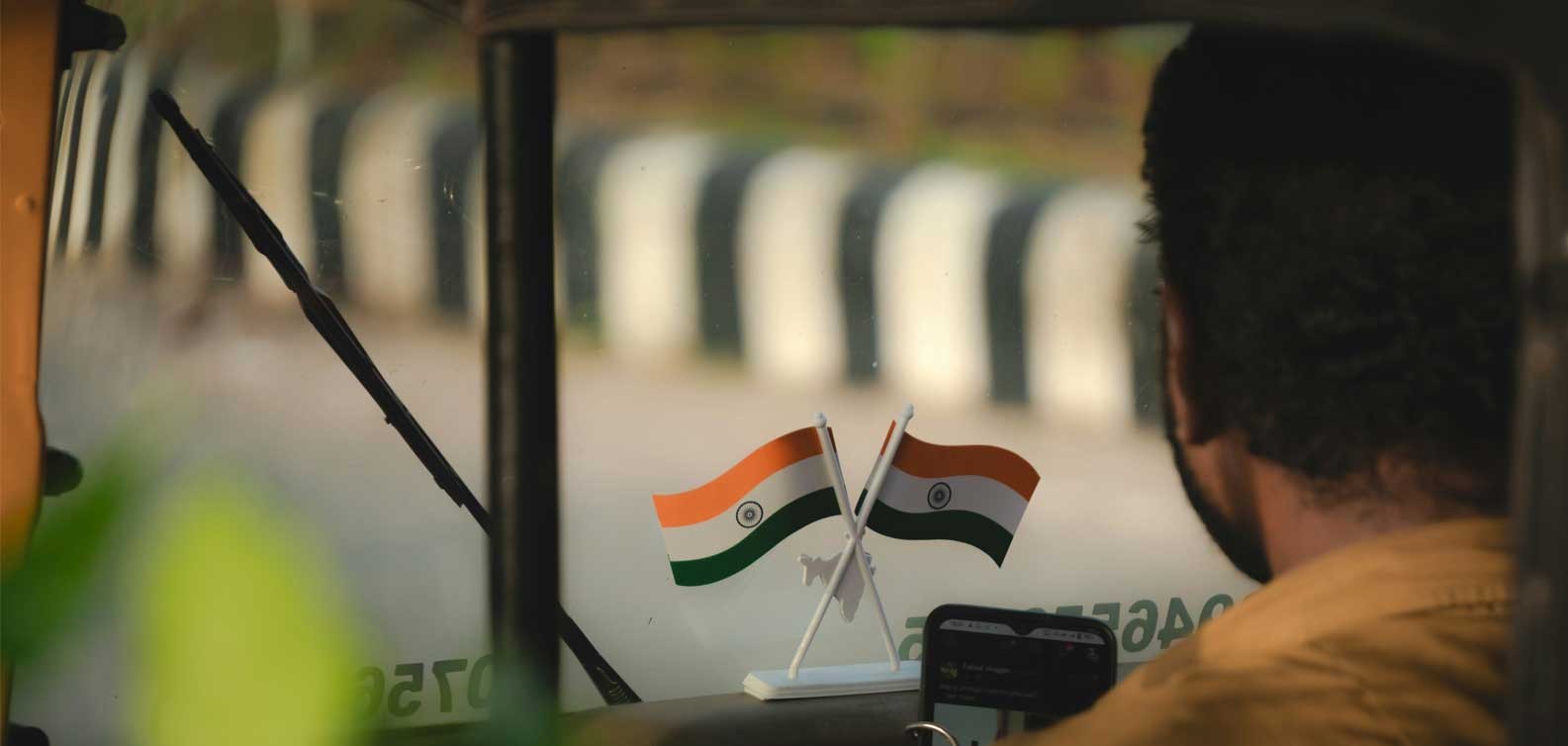Driving Without Insurance Fine in India: Penalties, Challan & How to Fix (2026 Guide)
Share

Driving in India already feels like a daily obstacle course for most people: bumper-to-bumper traffic, sudden lane changes, and all sorts of traffic jams. Bottom line is: It’s charos. And when that’s the natural state of things, the last thing one wants is an insurance challan message showing up on your phone (or landing up on your doorstep), stating the clear (yet horrific words): Your vehicle insurance expired last week.
And yet it happens. More often than not.
Hence, the fact is simple: Whether you drive a car or ride a two-wheeler, third-party motor insurance is 100% mandatory. Driving without it invites a steep penalty, and much bigger trouble if an accident occurs.
However, by being on top of all of it, you can choose to avoid all the trials and tribulations that will make your life difficult. This blog details all the most important basics you need to know: How the insurance challan works, state enforcement differences, Consequences in case of accidents, how to check your insurance status, etc., etc.
Ready to learn all of it? Let’s dive in.
What Happens If You Drive Without Insurance?¶
Let’s keep this simple: What happens? You violate the law.
Driving or riding without valid third-party insurance is an offence under the Motor Vehicles Act, 1988.
Here are the penalties you incur:
- First offence: ₹2,000 and/or imprisonment up to 3 months
- Repeat offence: ₹4,000 and/or imprisonment up to 3 months
Most commonly, the police will issue an insurance challan either on the spot or electronically through ANPR cameras and state e-challan systems.
Which Law States that Insurance is Mandatory? (short legal note)¶
Want to explore the legality for yourself? Worry not.
Take a deep breath, have a cold sip of water and gaze your eyes towards Chapter XI of the Motor Vehicles Act. More specifically, Section 146 (Necessity for insurance against third-party risk).
It clearly states that no vehicle can be used in a public place without valid third-party insurance. Which means that you are pretty much bound by law to follow it.
What are the Exact penalties? How Do They Work?¶
Here’s the simplified breakdown of the penalties involved. Make sure to explore them in full:
1. First Offence — ₹2,000 / 3 Months Jail
Traffic police can issue a challan if your third-party policy has expired or is missing.
2. Repeat Offence — ₹4,000 / 3 Months Jail
Caught again? The penalty doubles.
3. State-Level Differences
Many states publish these fine tiers in their official charts.
Some cities may also:
- Impound vehicles when multiple documents are missing
- Forward cases to a traffic court for repeat offenders
Penalties apply equally to cars, bikes, scooters, and all motor vehicles. If you’re a motorist, you have to keep that in mind.
How Do You Get Issues with Insurance Challan? How to Pay It?¶
An insurance challan can reach you in different ways:
- A manual paper notice
- An SMS or e-challan
- An online listing on Parivahan or your state’s traffic portal
Challans mention the violation code, date/time, vehicle number, police unit, and penalty amount every time. Make sure to keep all of this in mind.
How to pay an insurance challan
- Verify details (violation type, expiry date, location).
- Pay online using the Parivahan e-challan portal → https://echallan.parivahan.gov.in
- Or use your state traffic police website.
- Save the receipt (PDF + screenshot).
Note: You can dispute incorrect challans via the same portal or at the traffic police office.
State Variations & Common Administrative Outcomes¶
The enforcement isn’t uniform across all states. Here’s what commonly happens:
- Vehicle impoundment: Some states seize the vehicle temporarily if RC + PUC + insurance are missing together.
- Court summons: Repeat violations may require a court appearance.
- Automated detection (2024–25 trend):
ANPR cameras, traffic analytics, and digital checks have spiked e-challan issuance in cities like Delhi, Bengaluru, Pune, Chennai, and Hyderabad.
What are the Consequences if you’re Uninsured and an Accident Occurs?¶
To cut a long story short: the risk just multiplies. And you most certainly don’t want that.
Here are some of the setbacks you will end up facing if you’re uninsured and an accident occurs:
- Personal liability: You may be legally required to pay compensation for injuries, death, or damage.
- Stricter penalties: Courts/RTOs may impose additional action in serious cases.
- No coverage for your own vehicle: Unless you also had own-damage insurance.
- Claim rejection: Insurers may deny claims for incidents during lapse periods.
In short, skipping insurance can cost you lakhs. Don’t be uninsured.
How to Check if Your Vehicle Insurance is Active¶
Here’s how to confirm your policy status:
- Check your insurer’s website/app.
- Use Parivahan (aka “Know Your Vehicle Details”)
- Review SMS/email renewal reminders.
- Keep both hard + soft copies of your policy document.
How to Renew a Lapsed or Expired Policy Immediately¶
If your policy has expired, fix it ASAP. That is non-negotiable. Do not hesitate.
- Contact your insurer or purchase online: Most insurers issue policies instantly.
- Ask if backdated (retrospective) cover is allowed: Some insurers offer limited retro coverage for short lapses.
- Pay a premium and download the policy instantly: This is pretty self-explanatory.
- Carry a print + store the PDF: In case the police asks for proof.
Guidance source: Liberty General Insurance: https://www.libertyinsurance.in
How to Contest Your Challan If you Receive it Despite Having Valid Insurance¶
Sometimes the system malfunctions and you get a challan when you really shouldn’t. However, stay calm. Instead of cribbing about it on social media, the best thing to do is try and fix it:
- Save policy proof (PDF, receipt, renewal message).
- Note the challan number.
- Upload proof on your state e-challan portal or Parivahan
- If online upload isn’t available, visit the issuing traffic office.
- Escalate to a traffic court/magistrate if the challan isn’t cancelled.
- Contact your insurer for additional verification letters if needed.
Most genuine cases are resolved quickly once proof is given.
Frequently Asked Questions¶
Q. What is the fine without insurance?
₹2,000 for the first offence and ₹4,000 for repeat offences under the Motor Vehicles Act.
Q. How to pay an insurance challan?
Use the Parivahan portal → https://echallan.parivahan.gov.in or your state’s traffic website.
Q. What if my insurance expired while driving?
You may receive a challan. Renew immediately and carry proof. Contest only if your policy was valid.
Q. What is the penalty for driving a bike or car without insurance?
The fine is the same for both — ₹2,000 (first offence) and ₹4,000 (repeat).
Conclusion¶
The bottom line is, you need to keep these particular things in mind, no matter what:
- Renew your third-party insurance before expiry: it’s mandatory and protects you financially.
- Keep copies (digital + physical) in your vehicle.
- If you get an insurance challan, pay promptly or contest with proof.
Driving without insurance isn’t worth the risk: the fine is just a warning compared to the financial and legal troubles that can follow. Make sure to avoid being entangled in them by being consistent with your insurance.
For more on road safety, keep following Ecozaar.
Based on 0 ratings
Tanushree (Author)
Tanushree is a dynamic business strategist with a knack for driving innovation in startups, especially in Fintech and Edtech. With 9 years of work-ex, an IT engineer from MIT Pune, & a MBA from IIM Bangalore (Marketing & Business Strategy), she’s got the mix of analytical and creative problem-solving.
Read moreRelated Blogs
Popular articles are selected based on the number of readers


